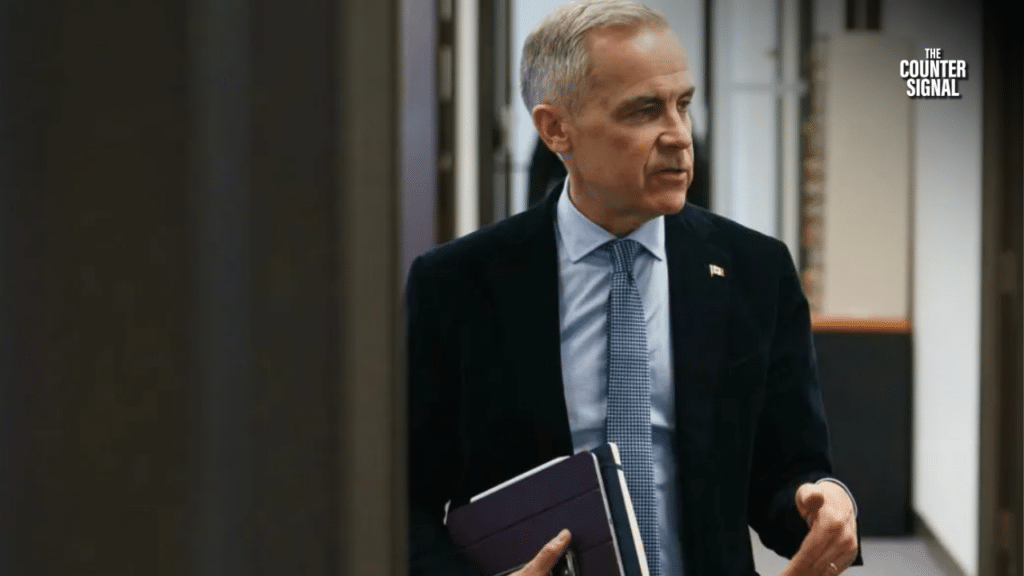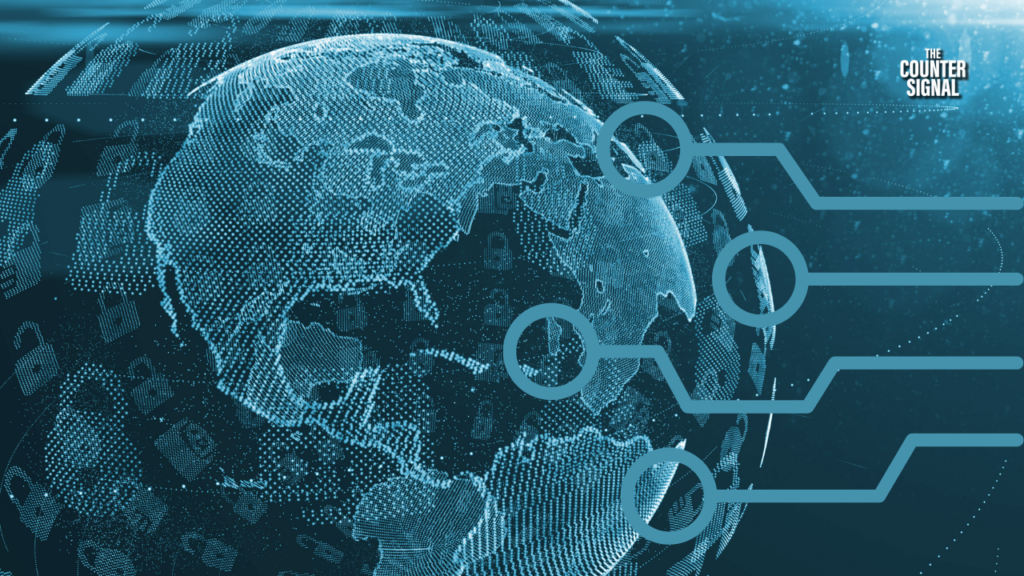A proposed CBCD policy for G7 countries is drawing alarms over its potential to tax individuals based on their carbon footprints, require Canadians to have a Digital ID, and censor dissenting voices.

Central Bank Digital Currencies, or CBDCs, are digital currencies that countries propose to replace their current cash, coin, and digital entry systems, like the money in your bank account. People and companies would hold the CBDC in their digital wallets to make payments for goods and services, conduct money transfers, and more.
Project Jasper signals the starting point whereby Payments Canada and the Bank of Canada have embarked on the mission to use Distributed Ledger Technology, otherwise known as DLT or blockchain technology, to serve as the foundation for CBDC.
Blockchain technology has already successfully hosted Bitcoin. But unlike Bitcoin, CBDCs would most likely reside on a centralized blockchain rather than a decentralized one. This means the central bank would fully control its issuance and management.
In late 2021, Finance Ministers and Central Bank Governors of G7 nations, including Canada, the UK, and the European Union, agreed to public policy principles for developing CBDCs and digital payments, which will have considerable consequences on their implementation and use.
The push was spearheaded by UK Prime Minister Rishi Sunak, who made the comments while still the country’s treasurer. However, it caused citizens to worry due to some of its expected features, which some consider dystopian at best.
One worrying factor is the ability of a CBDC to limit Canadians’ transactions based on their carbon footprint.
Under “Principle 8, Energy and Environment,” the CBDC of each G7 country will be designed with limits on how payments can be settled or not, depending on prescribed limits set by the issuer. In other words, your payment will be declined if you’ve exceeded your carbon limit for a certain period.
The paper also suggests that “sharing of information” and “real-time monitoring” could be programmed in the CBDC. This risks opening the door to abuses by authorities wishing to impose arbitrary decrees like climate lockdowns and other such restrictions witnessed during the recent Covid-19 pandemic.
Others are concerned that a CBDC designed with Digital ID programmability could blacklist or freeze user accounts based on their online behaviour. Dissenting government voices, or those accused of spreading disinformation or misinformation, would likely be targeted in this case.
The government might resort to freezing citizens’ CBDC accounts to crush dissent.
Earlier this year, some Canadian citizens who donated to the Freedom Convoy saw their bank accounts frozen after the federal government invoked the federal Emergencies Act for the first time in Canadian history.
While developing a CBDC is rather broad and complex in scope and nature, it could present opportunities for improvements and increased efficiencies in the digital age.
Payments Canada and the Bank of Canada recognize that privacy and anonymity in transacting are important to Canadians and for adopting their CBDC.
A clear benefit would arise with cross-border payments, which will become much faster and cheaper than current methods. A well-programmed CBDC could also facilitate and optimize capital flows into sectors of the economy requiring stimulation.
Developers are also considering allowing parallel digital payment systems, like stablecoins (digital tokens pegged to a currency) and cryptocurrencies like Bitcoin, to transact in place of the Canadian CBDC.
Dan Fournier is a freelance investigative journalist in Quebec, Canada.









